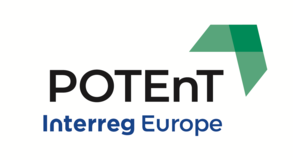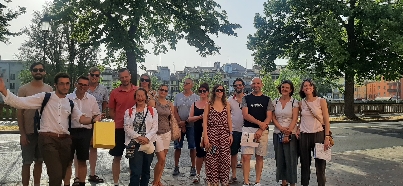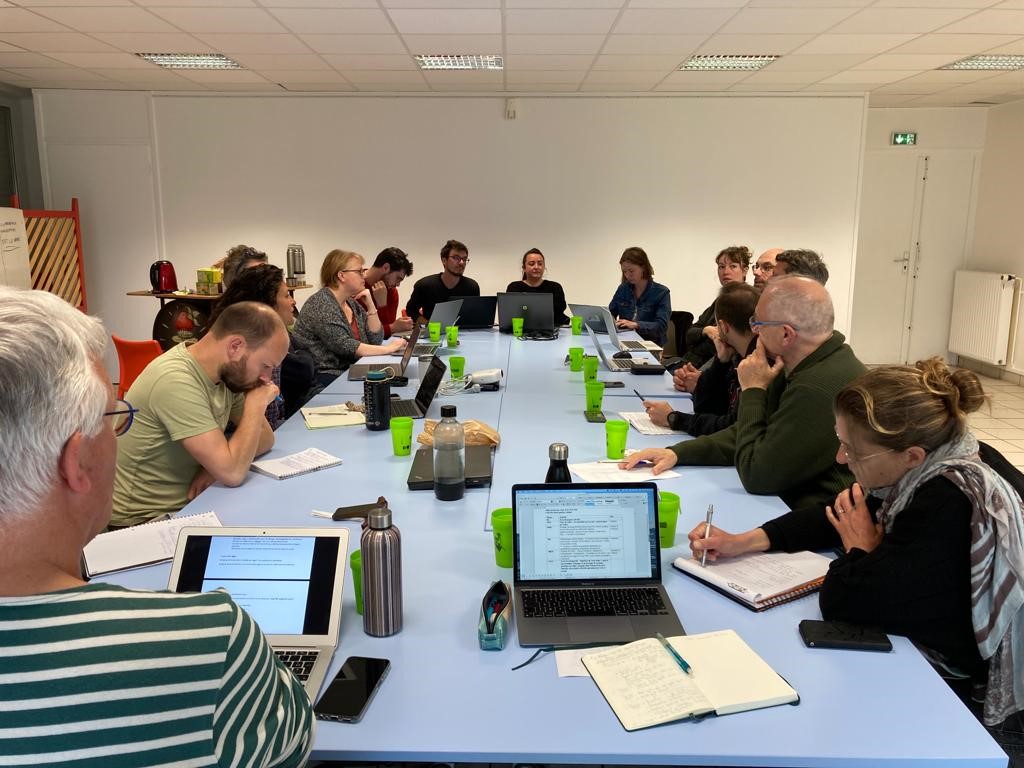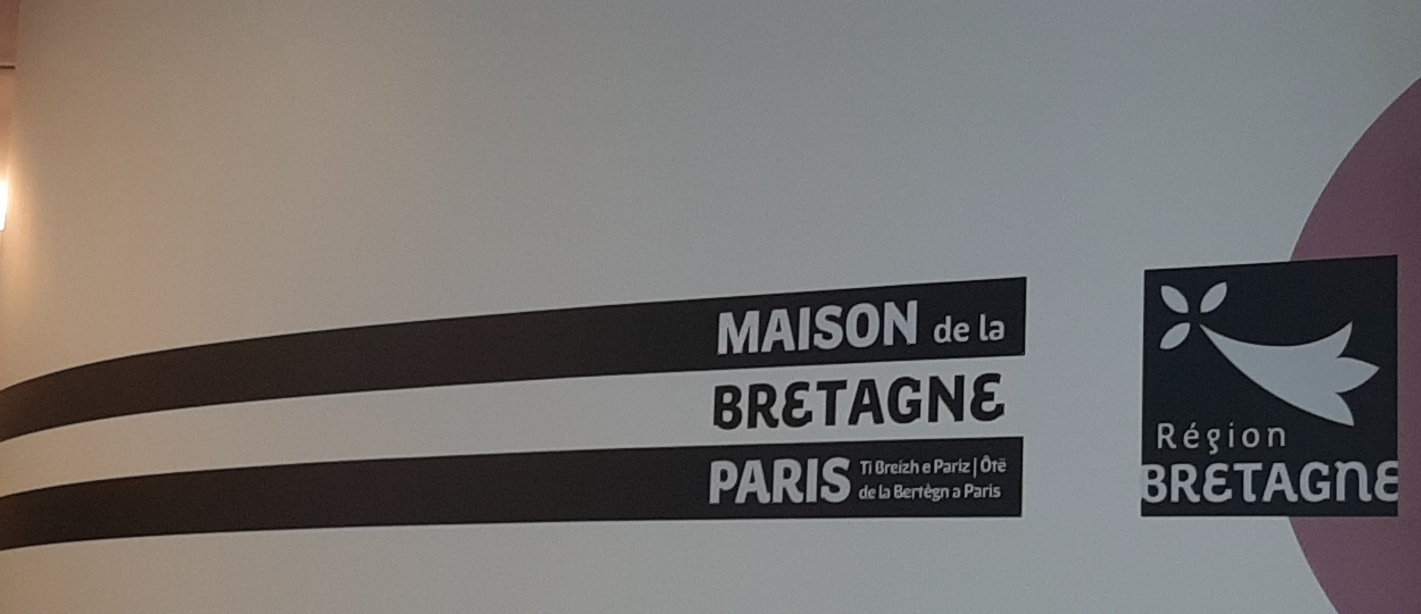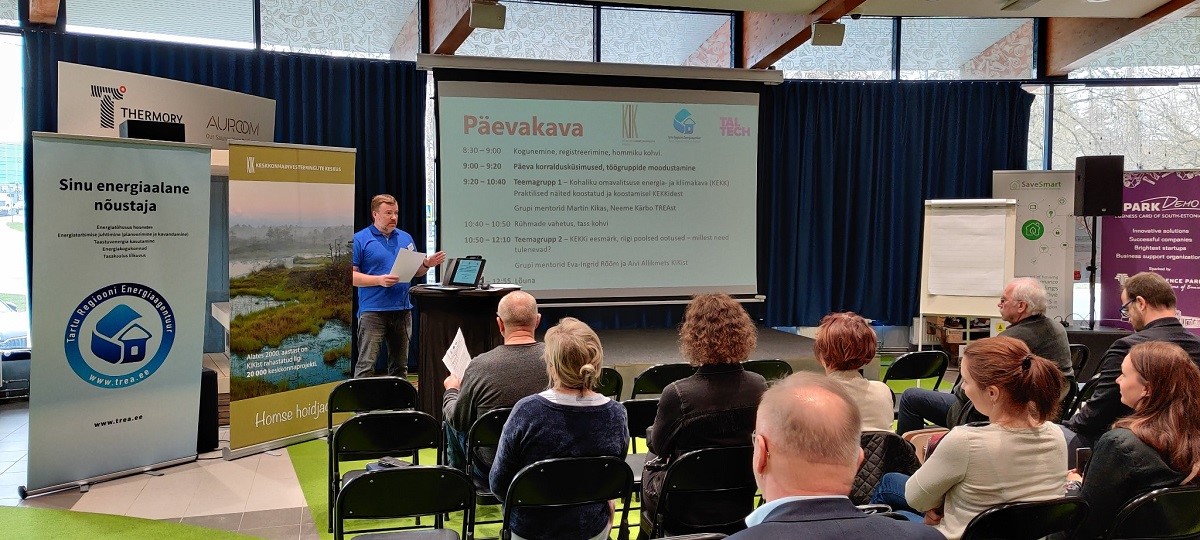Some people say that online meetings tend to increase the distance between people. Those who say this should take part in a POTEnT study visit.
On February 18th, the third online visit was held. Several stakeholders took part in the meeting, but also some cat-holders. This is not astonishing. Cats and humans are not that distant lately, both spending much time on the sofa - so why not allow them to assist to a POTEnT event? Animalists would have loved the introductory session of this event, animated by cats walking in the background of some screens.

All kidding aside, in this third online visit, Milton Keynes presented TEAM, a software to centralize utility bills of the public buildings of the city. Thanks to the bill’s centralization, Milton Keynes managed to cut down the spending, monitoring their C02 emissions, and have quick access to data concerning public consumptions.
Ancient Romans had a saying: divide and conquer. If we want to think peacefully, we can somewhat reverse the sentence by saying unify and improve, which perfectly suits what Milton Keynes did with the centralization of bills.
Initially, as happens for most of the municipalities, bill payments were decentralized, meaning that every public building was paying its own bills. As a result, keeping track of consumptions and payments was all but an easy job.
From problems come solutions. Therefore, Milton Keynes decided to centralize bills and manage them through the software TEAM. Like a lot of new technologies, when implemented, they required some time to get used to.
Results proved that it was more than worth: the estimates of the expenses before the bills centralization were around 8 million euros, which sharply decreased by 15% afterwards. In addition, this software is able to quickly filter data for every public structure in the database, providing a year-to-year benchmarking and the monitoring of consumptions.

Furthermore, alerts notify when consumptions and expenses exceed the planned budget. Ultimately, all sets of data can be synthesized into reports accessible to every public structure, such as schools, libraries, and hospitals.
If it is true that data is the new gold, Milton Keynes dug a digital mine providing a consistent flow of data regarding electricity, water and gas consumptions. From these numbers, CO2 emissions are then calculated to allow a carbon emission benchmark. The team working on the software keeps updating the software’s functionalities.

Among the top challenges is the overcoming of barriers in collecting data provided by the bills, unfortunately not always too transparent and easy to extract, and taking big steps into the software automation.
Thanks to Milton Keynes we have seen how effective the "unify and improve" strategy can be. Now, the first set of three POTEnT online visits came to an end. Despite the fact that these events were an experiment, they were truly interesting and successful.
It is now time for Potenters to re-organize their agenda to boost their interregional learning with more online study visits!
